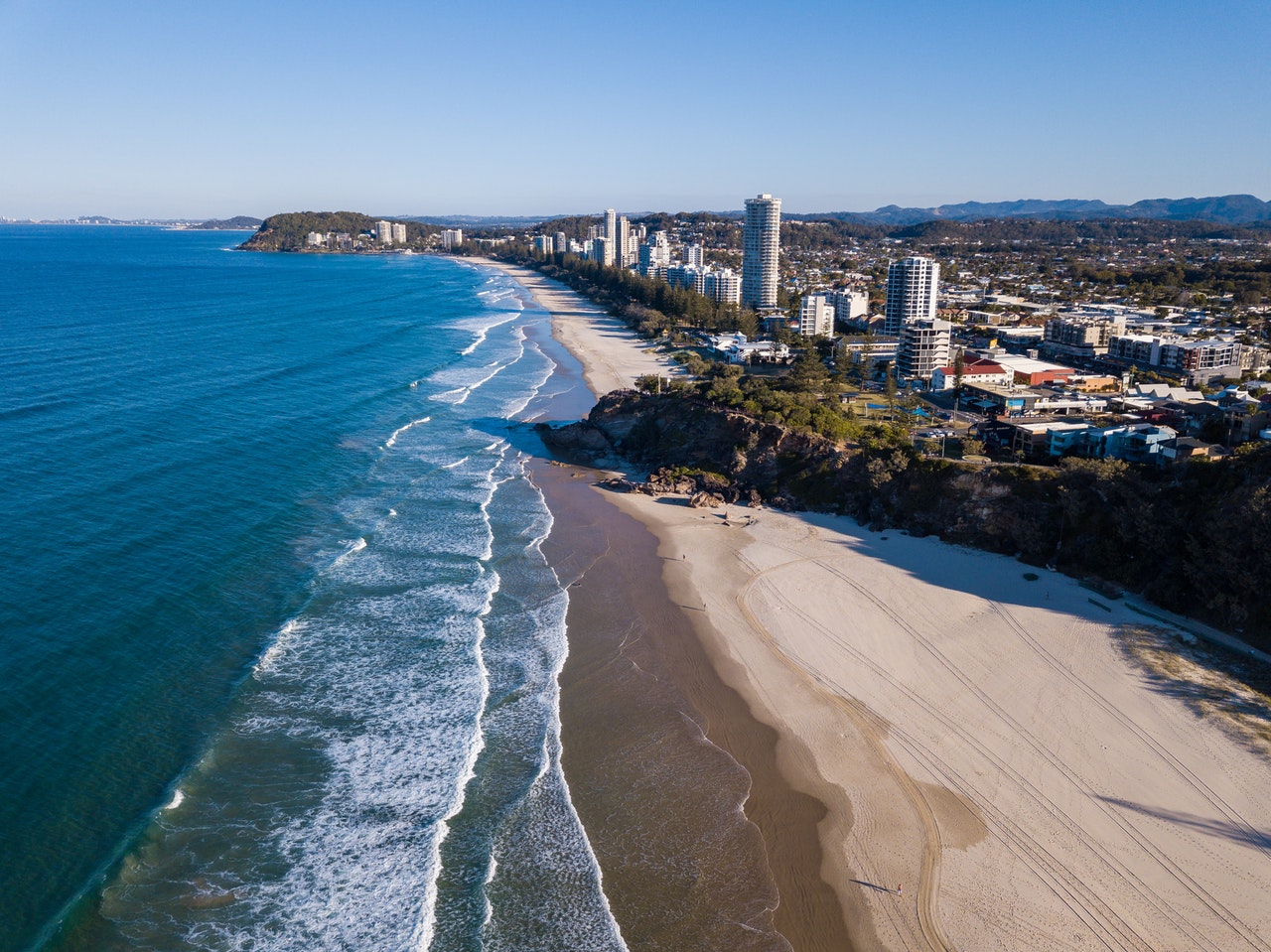For some coastal communities damaged by flooding, retreating from the shoreline is a better option than rebuilding, argue some scientists in a new research publication.
Global warming and rising sea levels make the concept of rebuilding, even with more stringent codes, a futile effort for areas of high risk, they say. For example, the billions of dollars spent to rebuild the Jersey Shore and the creation of dunes after Superstorm Sandy in 2012 could be wasted resources if sea level rise inundates the coastline again.
The researchers suggest that a “strategic, managed retreat” is not a sign of weakness, but rather the smart option that provides an opportunity to build new communities. The researchers recommend better access to climate-hazard maps so communities can make informed choices about risk. These maps should be updated regularly, they add.
In the U.S., coastal communities are home to nearly 40% of the population.
Related Stories
Codes and Standards | Jan 12, 2022
Regulator holding back climate-friendly, energy-saving equipment deployment, critics say
Heat pumps, solar power could be made more accessible for low-income communities in Massachusetts.
Codes and Standards | Jan 11, 2022
Cost hikes drive nearly one million renters out of homeownership qualification in 2021
Household income needed to pay a mortgage rose to $62,872 from $55,186.
Codes and Standards | Jan 10, 2022
New ratings services focus on climate risk for homeowners
Efficacy of models used in risk assessment varies.
Codes and Standards | Jan 6, 2022
Virginia contractors having a tough time finding diverse subs to meet state goals
Survey of primes may indicate similar issues at federal level.
Codes and Standards | Jan 5, 2022
Boston drops parking requirements for affordable housing
Measure expected to spur new projects.
Codes and Standards | Jan 4, 2022
Dept. of Energy Better Climate Challenge aims for 50% GHG emission reduction by 2030
Program offers technical assistance and peer-to-peer knowledge sharing.
Codes and Standards | Jan 4, 2022
Architects at New York firm take steps to unionize
Support for unionization reported at two other New York firms.
Codes and Standards | Jan 3, 2022
Biden’s executive order for a carbon-neutral government includes green materials mandate
As a driver of demand, federal procurement impact could ripple through the economy.
Codes and Standards | Jan 3, 2022
Controversial California solar power incentive proposal would reduce subsidies
Plan intended to encourage customers to install power storage systems.
Codes and Standards | Jan 3, 2022
New York City bans new gas hookups
Applies to gas stoves, boilers, and heaters in new buildings and buildings that undergo gut renovations.

















